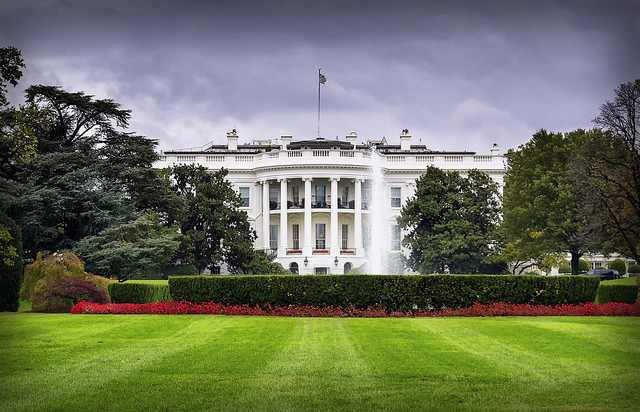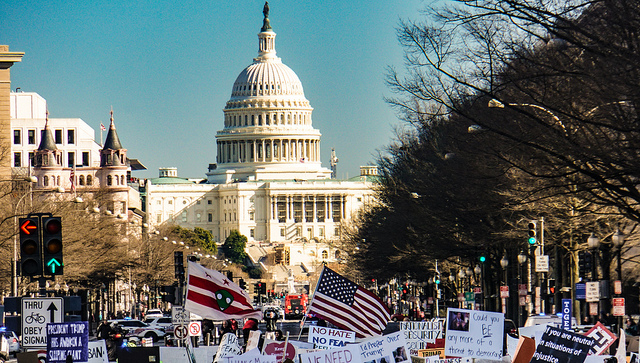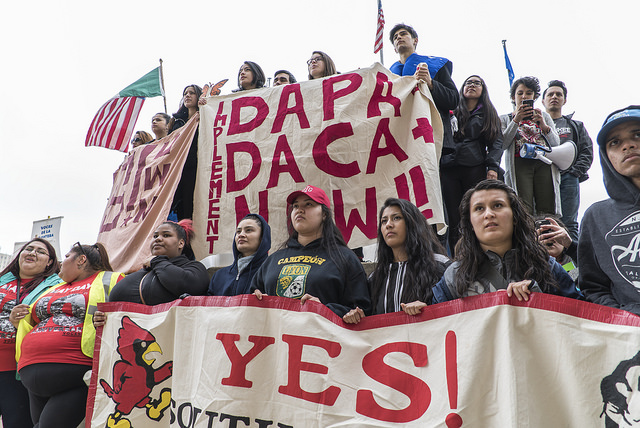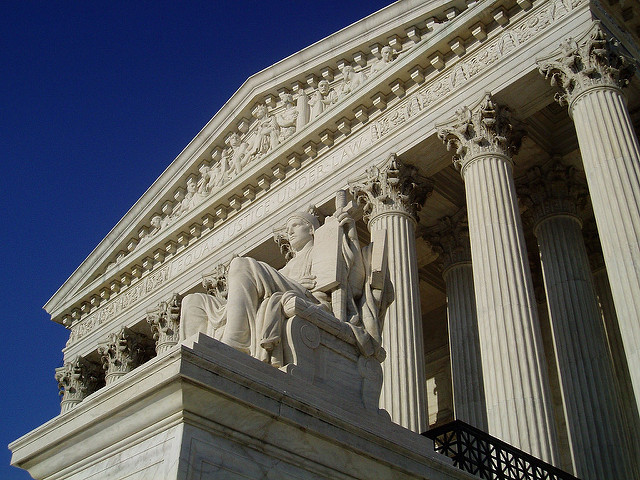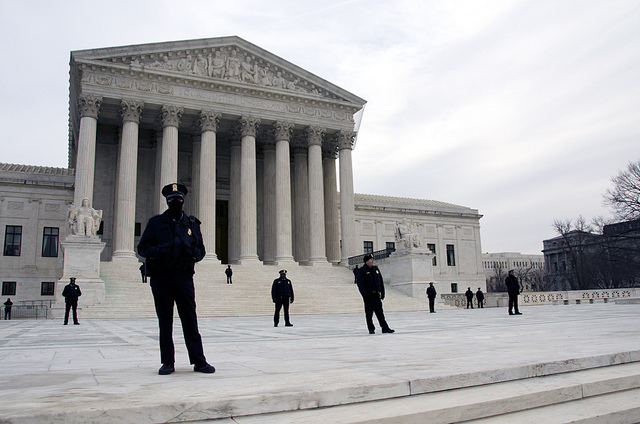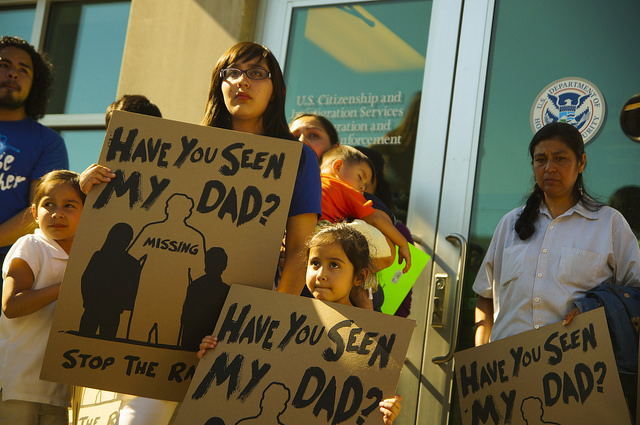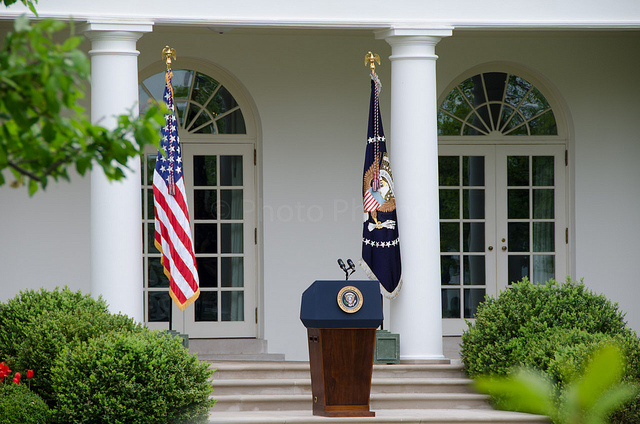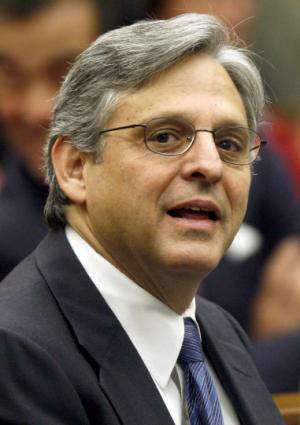IMPORTANT UPDATE: On February 14, 2018 USCIS announced that due to federal court orders issued on January 9, 2018 and February 13, 2018, USCIS will resume accepting requests to renew a grant of deferred action under the DACA program. Please read this post to determine whether you qualify.
On January 13, 2018, the United States Citizenship and Immigration Services (USCIS) issued a statement for recipients of Deferred Action for Childhood Arrivals (DACA) in response to a federal court order that resurrected certain provisions of the program.
USCIS has announced that they will resume accepting requests to renew a grant of deferred action for individuals who have received benefits under the DACA program. According to the statement, the DACA policy that was in effect before the program was rescinded by the Trump administration on September 5, 2017, will continue to be implemented on the same terms as it was before. It is important to note that although USCIS will begin accepting renewal requests for individuals who have received DACA benefits in the past, USCIS will NOT be accepting initial DACA requests from individuals who have never before been granted deferred action under the DACA program.
In addition, USCIS is NOT accepting applications for advance parole from recipients of DACA. Before the program was rescinded, individuals receiving DACA benefits could apply for an advance parole document (travel permit) allowing them to safely re-enter the United States after temporary foreign travel. This will no longer be the case. Although by federal court order USCIS may consider applications for advance parole on a case-by-case basis if it so chooses, the agency has definitively decided against accepting any such requests.
 Visa Lawyer Blog
Visa Lawyer Blog



